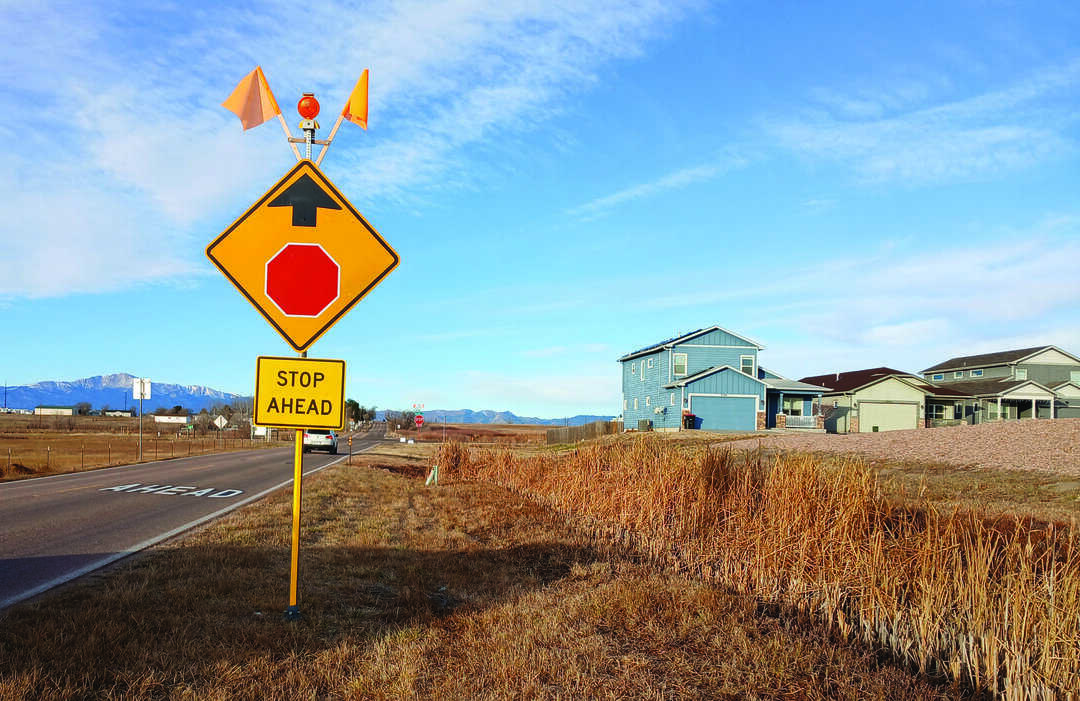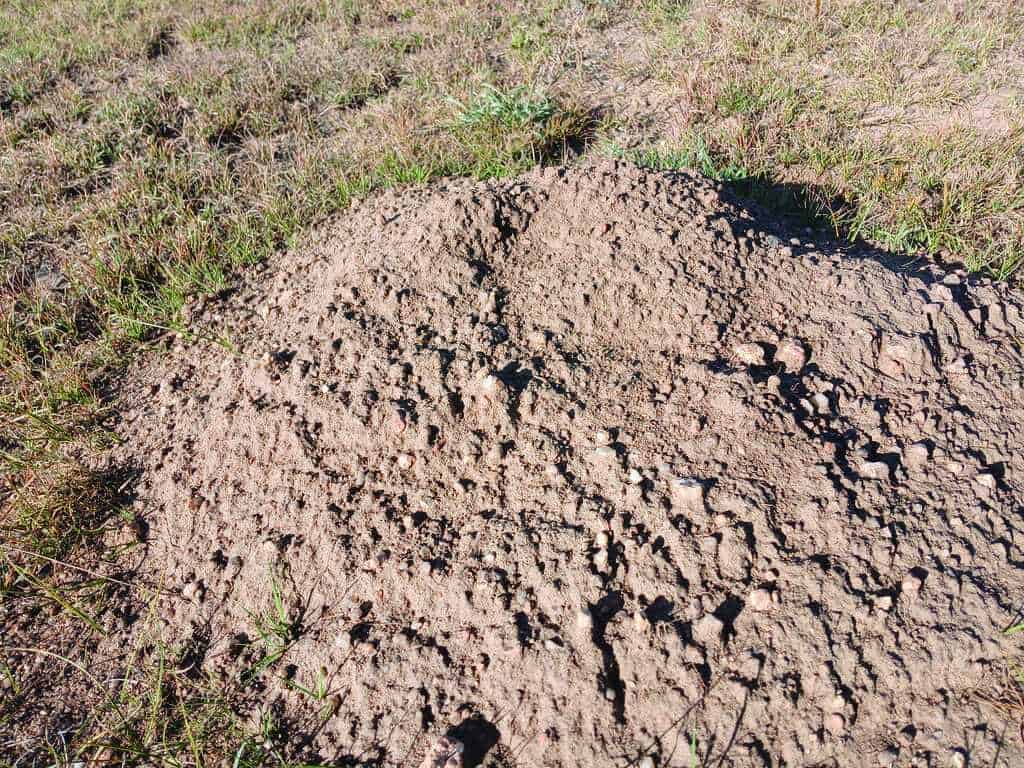Longtime local journalist Bill Radford and his wife, Margaret, live on 5 acres in the Falcon area with ducks, chickens, rabbits, dogs, cats, two noisy parrots, goats and two horses. Contact Bill at billradford3@gmail.com.
Our neighbor Shirley recently had an uninvited, nighttime visitor -ñ a raccoon.She watched from inside her house as it feasted on cat food on the front deck. It was the first time she had seen a raccoon in her many years in the neighborhood, and we were both surprised that a raccoon was living out here on the prairie.We shouldn’t have been, it seems. Raccoons are found pretty much anywhere, said Cody Wigner, assistant area wildlife manager with Colorado Parks and Wildlife.”They’re highly adaptable,” he said. They do typically have a water source nearby, he said; in our case, there are a couple of ponds in the neighborhood. “Another big thing, is they need somewhere to live, and that could be anywhere from a hollowed-out tree to a brush pile to just culverts in the road,î Wigner said.My first reaction to the raccoon spotting was to tighten up security around our ducks, chickens and rabbits and make sure there was no easy way for a raccoon to get to them. That was not an overreaction, Wigner said. Raccoons can definitely pose a threat to poultry and other small livestock.”They eat just about anything, whatever’s available,” Wigner said. In the countryside, their diet could include anything from small rodents to snakes to dog or cat food to “any other kind of vegetation that’s out there to eat.” At Shirley’s, the raccoon could count on a steady supply of cat food, since she maintains a feral cat colony. She’s only spotted it that one night, however, so either it has moved on or it’s keeping a low profile.As with other wildlife, Wigner said not to feed any raccoons hanging around. Keep that fear of humans in them and don’t try to pet or handle them. “They are very, very strong and ferocious animals if cornered or put into that defensive mode,” he said.They also can carry rabies and other diseases. In July, the Weld County Department of Public Health and Environment reported that a baby raccoon a woman had cared for in her home after finding it abandoned by its mother had tested positive for rabies. Twenty-one people had been exposed to the raccoon, making it the largest rabies exposure case in Weld County, according to a health department news release. All of the people underwent post-exposure rabies treatment. The health department also noted that it is illegal in Colorado to possess just about any species of wildlife without proper permits and licenses.It’s not the only time raccoons have made headlines this year. In June, a skyscraper-climbing raccoon in Minnesota became an internet sensation. Also last spring, Youngstown, Ohio, police received more than a dozen calls about oddly behaving raccoons; the “zombie-like” raccoons were out in the daytime, baring their teeth and falling over, according to reports. Ohio’s Department of Natural Resources said the animals likely had distemper, a viral disease. A similar outbreak was seen among Central Park raccoons in New York City over the summer.Want to keep raccoons away? A fact sheet on the city of Louisville’s website notes that there are several raccoon sprays and repellants available. “However,” the fact sheet warns, “these products can be hit or miss and often involve strong chemicals, which can be harmful to the environment, pets or other animals.” The best approach, according to the fact sheet, is to make sure there’s nothing that will attract a raccoon by ensuring garbage cans are tightly secured and stored in your garage when not in use, keeping pet food indoors and closing all entry points into your house and attic. (Raccoons, for example, may take advantage of an open doggie door.)Here are a few facts on raccoons, culled from the PBS “Nature” website:
- The word ìraccoonî is an adaptation of a native Powhatan word meaning ìanimal that scratches with its hands.î
- While raccoons don’t hibernate during winter, they have been known to sleep in their dens for weeks.
- It has been theorized that the raccoon’s most familiar feature ó the mask of black fur that covers its eyes ó may help reduce glare and enhance the nocturnal animal’s night vision.





